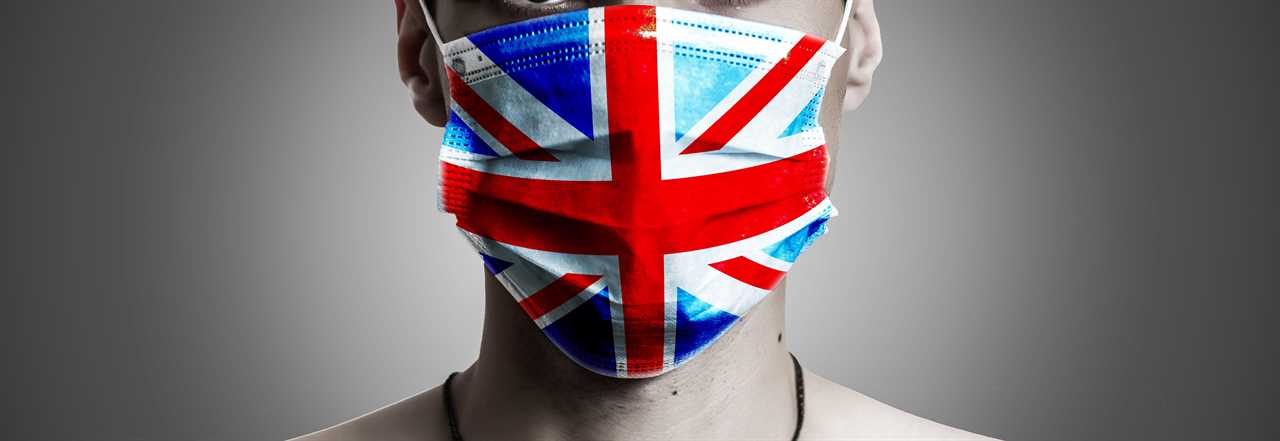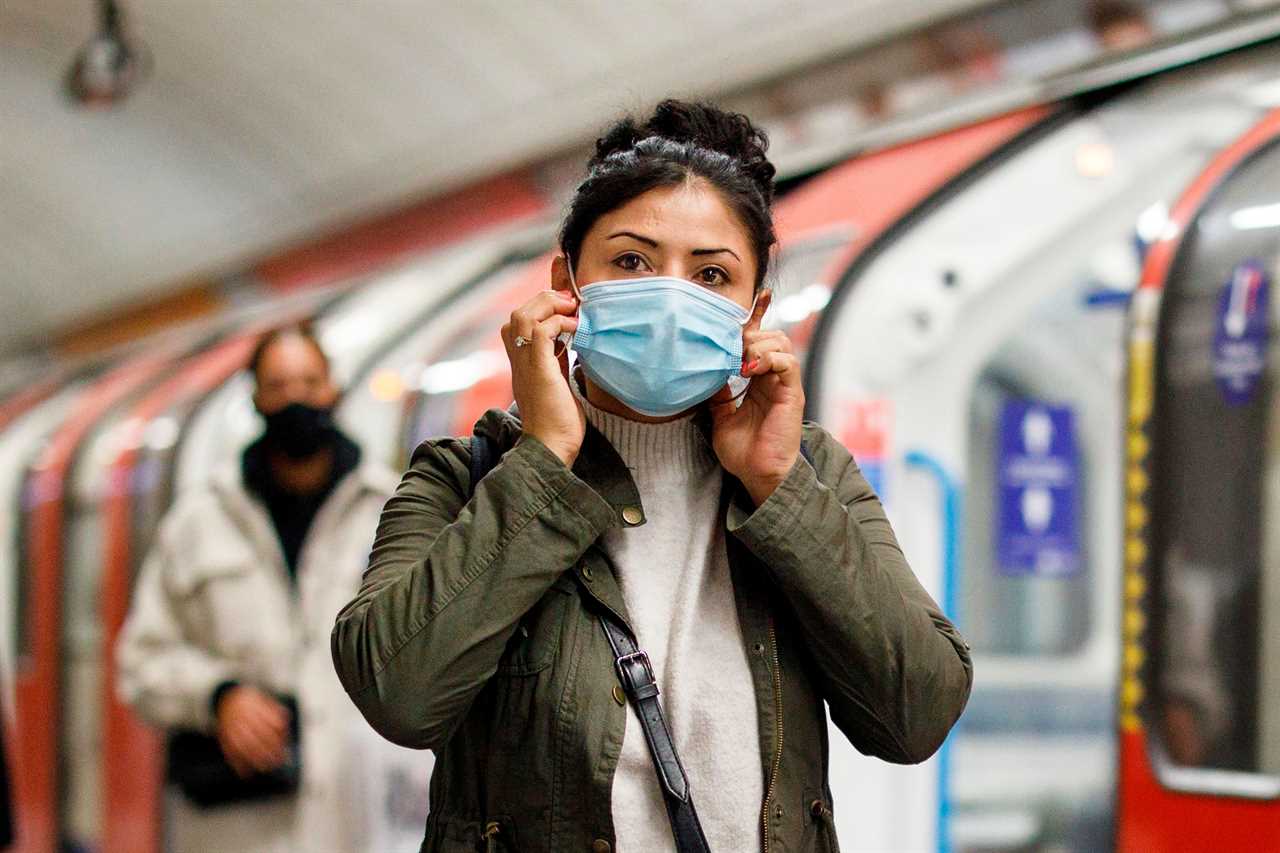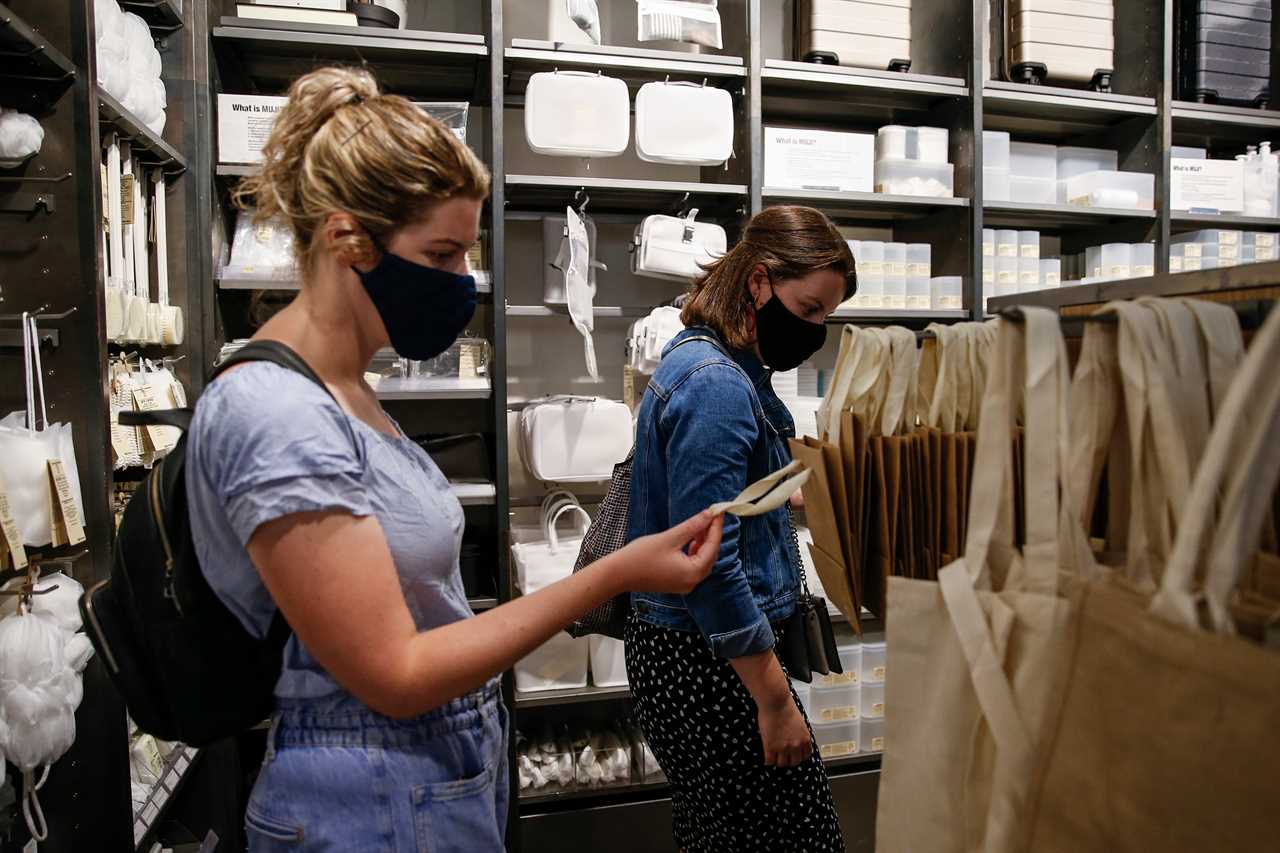IT has become an unlikely new front in the culture wars — to wear or not to wear a mask after July 19.
Many on the Left say anyone ditching a mask does not care about their fellows.

Read our coronavirus live blog for the latest updates

Meanwhile, those who cannot wait to dump them point to a lack of scientific evidence that wearing them does much good.
Here, two opposing voices battle it out.
Yes, says Laura Dodsworth
TO mask or not to mask has become a fraught debate — one that needs more tolerance.
The epidemic has created factions in society, with lockdown supporters pitted against lockdown sceptics, face mask-lovers versus haters.
Babies stare blankly at covered faces. We don’t know if people are smiling or stern. Voices are muffled. The hard-of-hearing and people with some disabilities or PTSD are disadvantaged in their daily lives.
My mask does not protect me. I’m afraid it probably doesn’t protect you, despite what we were told.

The Government’s own website admits that “the evidence to support their use is weak”.
A Danish randomised controlled trial (the gold standard in research) found no statistically significant benefit for mask-wearers.
An MP told me that masks were introduced to give people confidence, because the economic bounce-back after the first lockdown was disappointing, and not because there was any new research to prove their efficacy.
Well, masks have not left us confident. In fact, they have turned us into walking billboards for an epidemic and perpetuated the fear.
I am sure from talking to the psychologists on SPI-B for my book A State of Fear, that they wanted masks to provide a signal of danger as well as symbolise solidarity.
But they do the opposite. They divide us. Some on the left have leapt on this issue as a way of asserting some kind of moral superiority by insisting they will continue to wear masks after July 19.
Their baffling line is they will do this because they care about other people more than you.
I’m concerned that if we don’t ditch masks quickly, there’s a chance they could become part of our culture long-term. And be aware, some of the doom- mongering scientists want this.
When restrictions end, the personal choice to wear a mask may give people a sense of comfort and a soft-landing back to normal.

If you want to wear a mask I think you should continue. If you don’t want to, you should stop.
I believe it should always have been a matter of personal risk assessment and choice.
Once we cast aside our masks, we can greet each other again in public spaces with smiles, confidence and the full range of communication.
Tolerance will grow, division will melt away.
No, says Professor Trish Greenhalgh
MASKS have come to symbolise loss of freedom.
But in the context of a pandemic that is not yet under control, masks don’t take away your freedom — they increase your freedom.
If everyone indoors is effectively masked, I can go to the office, shop, get on trains, go to the cinema etc. If nobody’s masked, we’re all less safe — hence our lifestyles become more restricted.
Face coverings aren’t perfect — but neither are vaccines.

A well-fitting, double-layer cloth mask substantially reduces the transmission of the virus.
Scientific opinion on masks was initially divided but most scientists now accept the evidence that masks significantly reduce transmission without causing significant harm.
For example, a computer- supported analysis of what actually happened in different regions of Germany — where mask mandates were introduced at different times — showed that masking reduced the daily growth rate of infections by 40 per cent.
If I am wearing a mask, I am less likely to catch the virus from you and you are also less likely to catch it from me.
If we both wear one, the protection both ways is multiplied.
Vaccination has been a huge success — deaths from Covid are now fewer than 50 per day, down from 1,000 per day at the worst peak of the pandemic — but some people are still becoming very ill and an unlucky few are dying from the dangerous delta variant.
Currently, the virus is still causing tens of thousands of infections per day.
To reduce the death rate to zero, we need to stop the virus spreading, even if most infections are no longer serious.
An infected person — even if vaccinated — can still pass on the virus to others. And an infected person can go on to develop long Covid.

The more the virus spreads, the more likely it is that it will mutate again, causing an even more serious disease. What would the epsilon, zeta or omega strain of Covid be like? It seems to get more transmissible and more serious with each mutation.
We all want to go back to normal. Until the dastardly pandemic is behind us, masks will help us live lives that are as normal as possible.
So I will be wearing my mask for some time to come.






